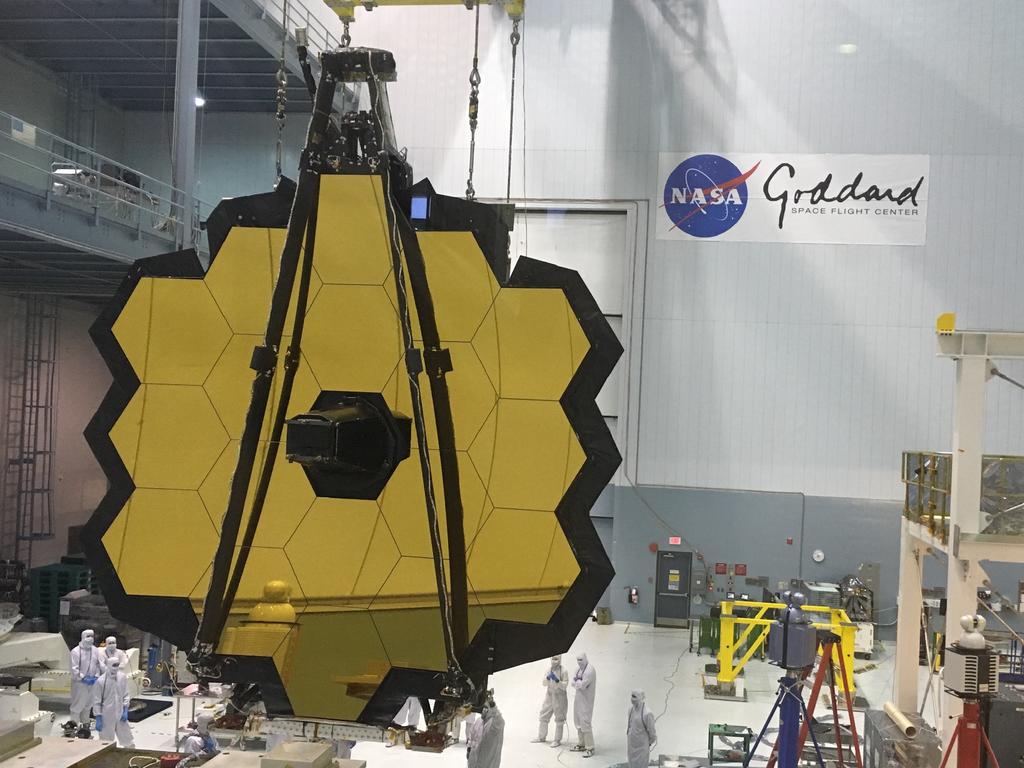Rhodes sophomores Hadley Lim and Lily Whitesell are part of an international astronomical research team, thanks to the work their Rhodes physics professor Dr. David Rupke is doing in preparation for NASA’s James Webb Space Telescope (JWST) to launch in 2021.
The team of astronomers—made up of students, postdoctoral researchers, professors, and other scientists from around the world—met over the summer to study quasars and galactic feedback. Quasars are bright, active supermassive black holes at the centers of galaxies, and they can power a feedback loop in their host galaxies. Lim and Whitesell are the only undergraduates on the team, and they helped to develop a software program to model the spectra of these quasars and their hosts.
“It’s an amazing project,” says Whitesell, a math and physics double major from Jones Chapel, AL. “It’s huge that we got to have even a minor role in the work.”
As part of a NASA-approved project dubbed Q3D, Rupke has been writing software that will be used to study the effects of three carefully selected quasars on their host galaxies when JWST launches. NASA describes JWST as the “largest, most powerful, and complex space telescope ever built and launched into space.”
The team has been meeting online, and, says Lim, a physics major from outside of Boston, “I’ve never worked in a professional collaborative setting in anything science related before, so it’s definitely been a new challenge. We have been translating code from a pretty much outdated coding language to a new one.”
“There was definitely a steep learning curve,” adds Whitesell. “Of course, we received work that was reasonable to our skill level, but in meetings we were treated as equals in the conversations.”
Both students describe working alongside women who are professionals in their field as transformative. “They even debugged their code with us,” Whitesell says. “Sometimes, when you’re debugging code, it feels like you made a stupid mistake. But it was reassuring to know that even professors make mistakes sometimes.”
Lim agrees. “More than anything, I’ve learned a vocabulary that better equips me to be in conversation with scientists.”
Both Lim and Whitesell will continue their work with Rupke and the rest of their team until the scheduled launch of the James Webb Space Telescope in October of 2021.
Article By Madeleine Wright ’21
